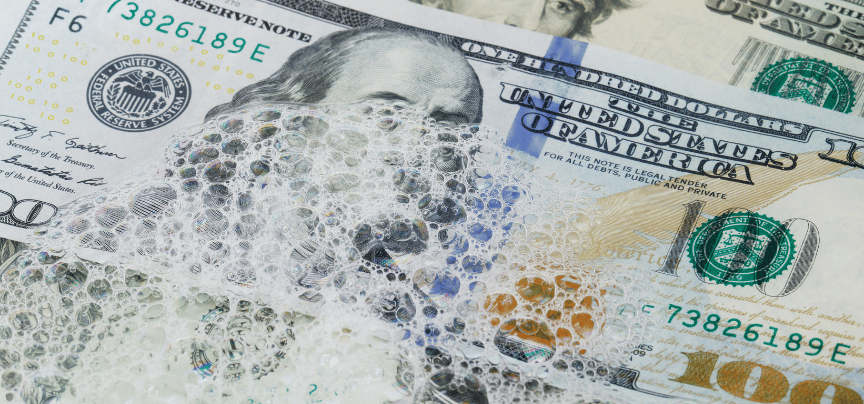
Most people are familiar with the term “money laundering,” but the actual process may not be clearly understood. If you face charges for money laundering, understanding the definition and the laws are paramount for a good defense.
The federal government takes this crime very seriously, and the penalties are harsh. Not only does money laundering support illegal activities, but it also has negative effects on the economy.
The definition of money laundering
When you think of money laundering, large illegal operations involving thousands of dollars may immediately come to mind. The truth is, however, that engaging in any business with funds received from illegal activity counts as money laundering, even if it is only a couple of hundred dollars.
According to Investopedia, money laundering is the process of taking proceeds from illegal activities and running them through a business to make them appear clean. This generally involves using false transactions and bookkeeping tricks to conceal the real origin of the funds.
Laws to prevent money laundering
In 1970, the United States established to Banking Secrecy Act to record large-amount cash transactions to identify illegal activities. Money laundering itself was finally made illegal in 1986 with the creation of the Money Laundering Control Act, which bans people from using proceeds of certain crimes in financial transactions. Other laws expanded upon this one to define the term “financial transactions,” and refine procedures and reviews.
The U.S.A. Patriot Act came onto the scene after the terrorist attacks in September 2001. This law specifically requires financial institutions to “know their customers” so that illegal activity can be more easily identified. This act arose specifically to prevent terrorists from laundering money to support their agendas.
